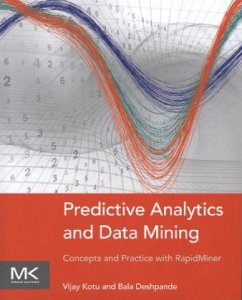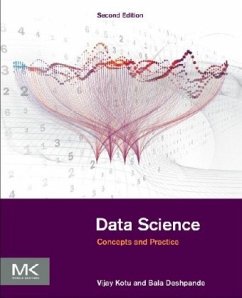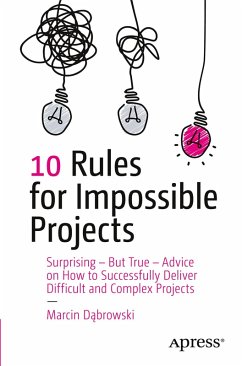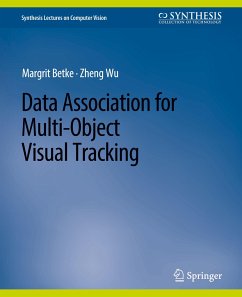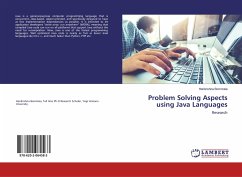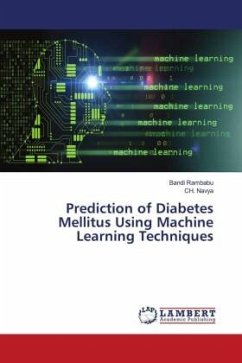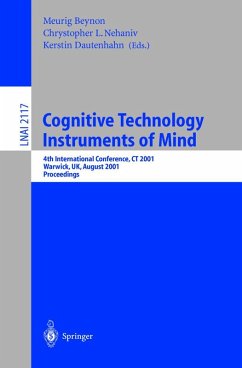
Using Clustering and Association Rules Techniques
To Compress Data Sets
Versandkostenfrei!
Versandfertig in 1-2 Wochen
41,99 €
inkl. MwSt.

PAYBACK Punkte
21 °P sammeln!
There are many benefits from using data compression, like saving space on hard drives or lowering the use of transmission bandwidth in the network. In this work two intelligent techniques are used as lossless data compression algorithms; namely, clustering and association rules techniques. In the first stage, the database is compressed by using a clustering technique followed by association rules algorithm. The first technique partitions the data that exist in the database file and save these data as clusters by using the adaptive k-means algorithm while the second technique extracts the impor...
There are many benefits from using data compression, like saving space on hard drives or lowering the use of transmission bandwidth in the network. In this work two intelligent techniques are used as lossless data compression algorithms; namely, clustering and association rules techniques. In the first stage, the database is compressed by using a clustering technique followed by association rules algorithm. The first technique partitions the data that exist in the database file and save these data as clusters by using the adaptive k-means algorithm while the second technique extracts the important rules from each cluster using the apriori algorithm. Several experiments are made in several different sizes of database. The experiments show that using the adaptive k-means algorithm and apriori algorithm together give better compression ratio and smaller compressed file size. The apriori algorithm increases the compression ratio of the adaptive k-means algorithm when they are used together.



